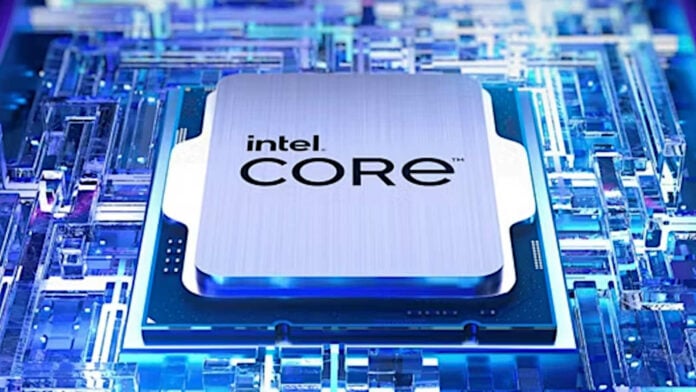While all looked largely said and done regarding Raptor Lake instabilities, the situation has somehow become even worse for Intel. Following its promise to imminently deliver a fix, the company has since provided some further, unfortunate clarifications. Not only is it apparently impossible to repair some CPUs, but even more processors may now be at risk.
Prior to Intel’s recent comments, issues of instability appeared limited to desktop K SKU models in the 13th and 14th Gen Core series. Although, it seems that neither the best CPUs nor budget chips with Raptor Lake cores are safe.
Speaking to The Verge, Intel describes its upcoming microcode update as “an effective preventative solution for processors already in service.” Leaving no room for ambiguity, the company also says the following:
“It is possible the patch will provide some instability improvements to currently impacted processors; however customers experiencing instability on their 13th or 14th Generation desktop processor-based systems should contact Intel customer support for further assistance.”
It’s up to users to reach out to Intel for now but the company is “investigating options to easily identify affected processors on end user systems.” At this time there are also no plans to issue a recall of 13th and 14th Gen Core CPUs, nor halt their sales.
In the meantime, the best course of action users can take to mitigate damage is to update their BIOS. This advice applies to every Raptor Lake processor, from the all-mighty Core i9-14900K right down to Core i3 14100F. Intel has since widened potential at-risk processors to include 65W SKUs and Raptor Lake laptop models.
Here’s hoping Arrow Lake processors are free of similar controversy, let alone have the stones to compete with AMD’s Ryzen 9000 chips. Expect Club386 reviews for both series of CPUs in due course.


